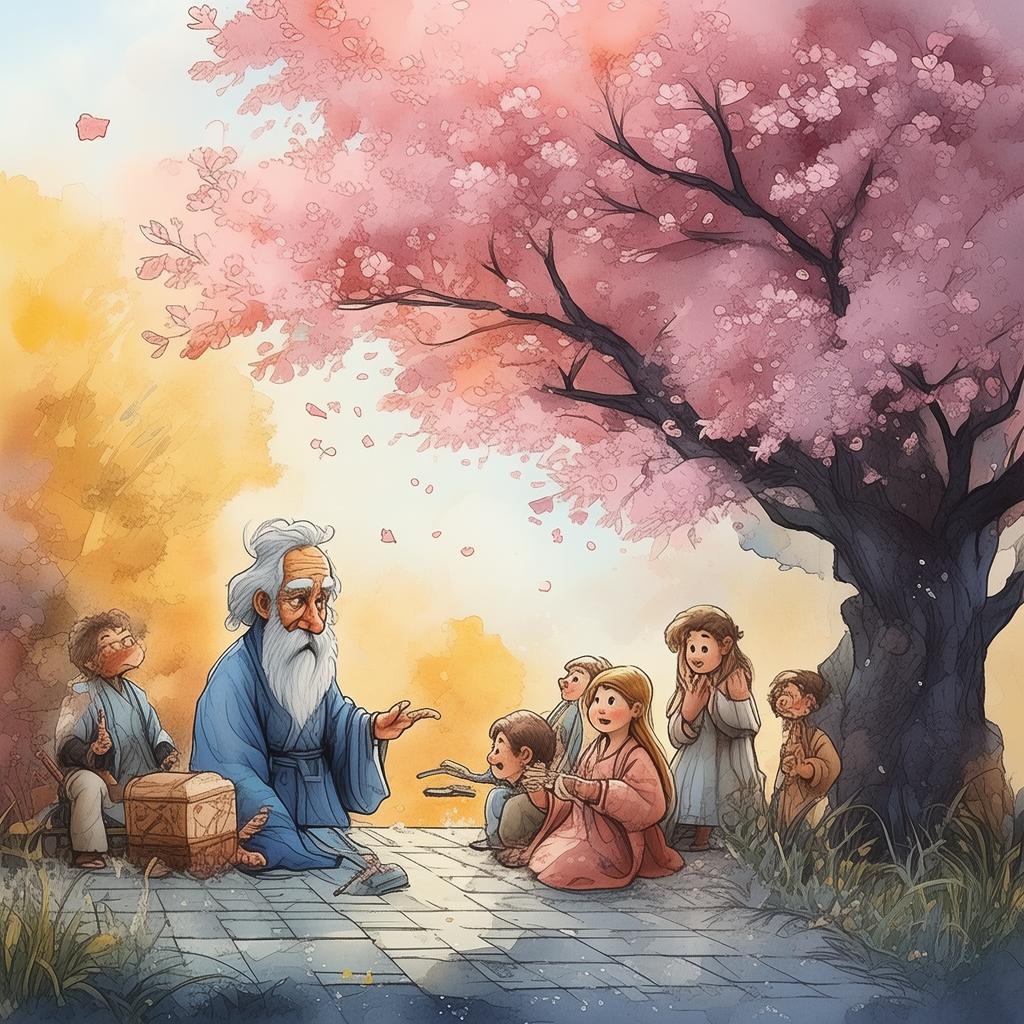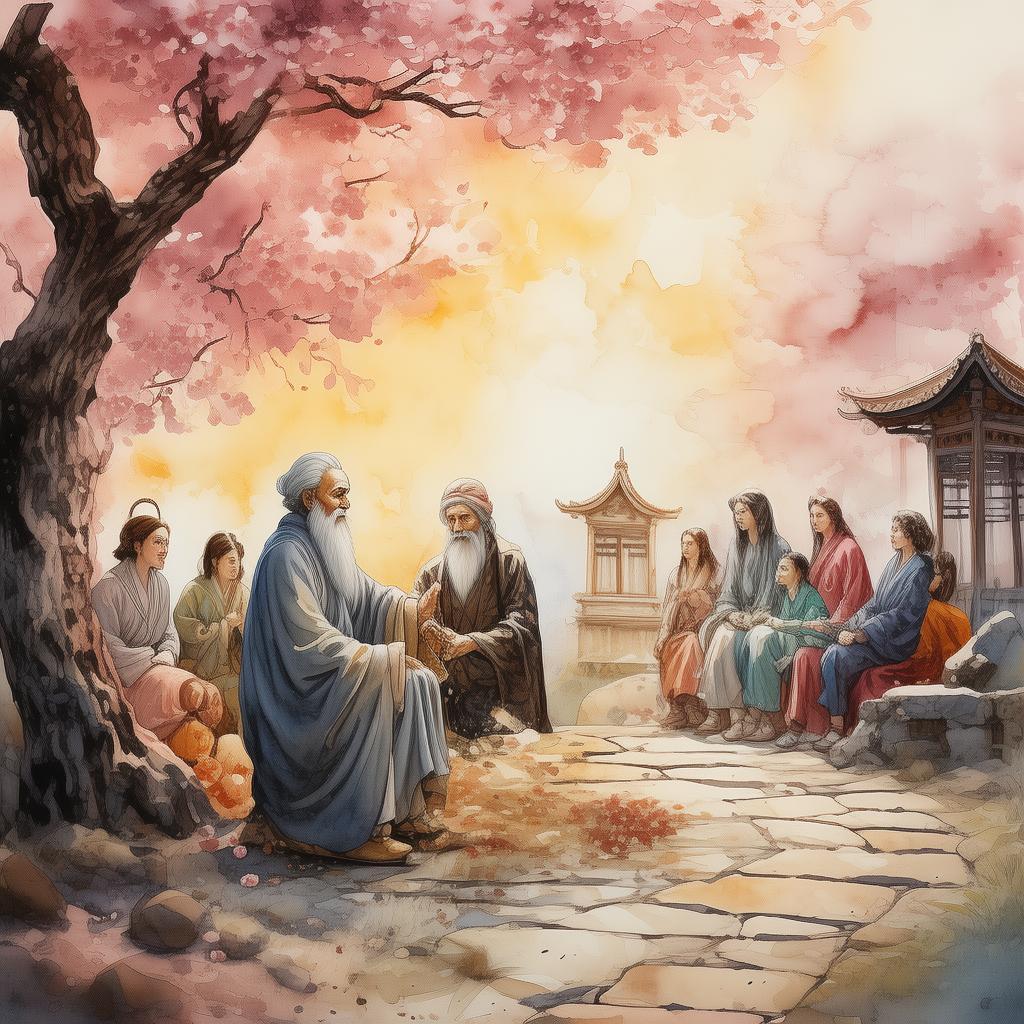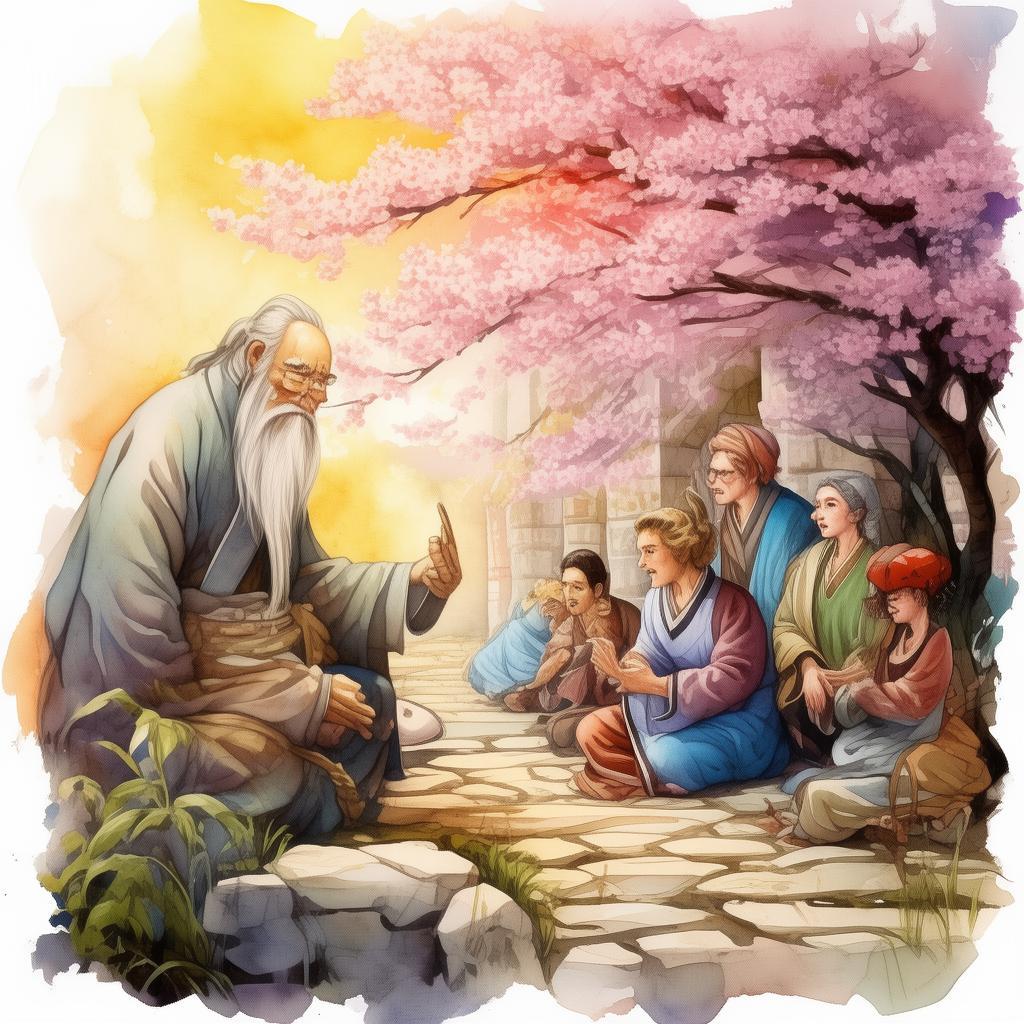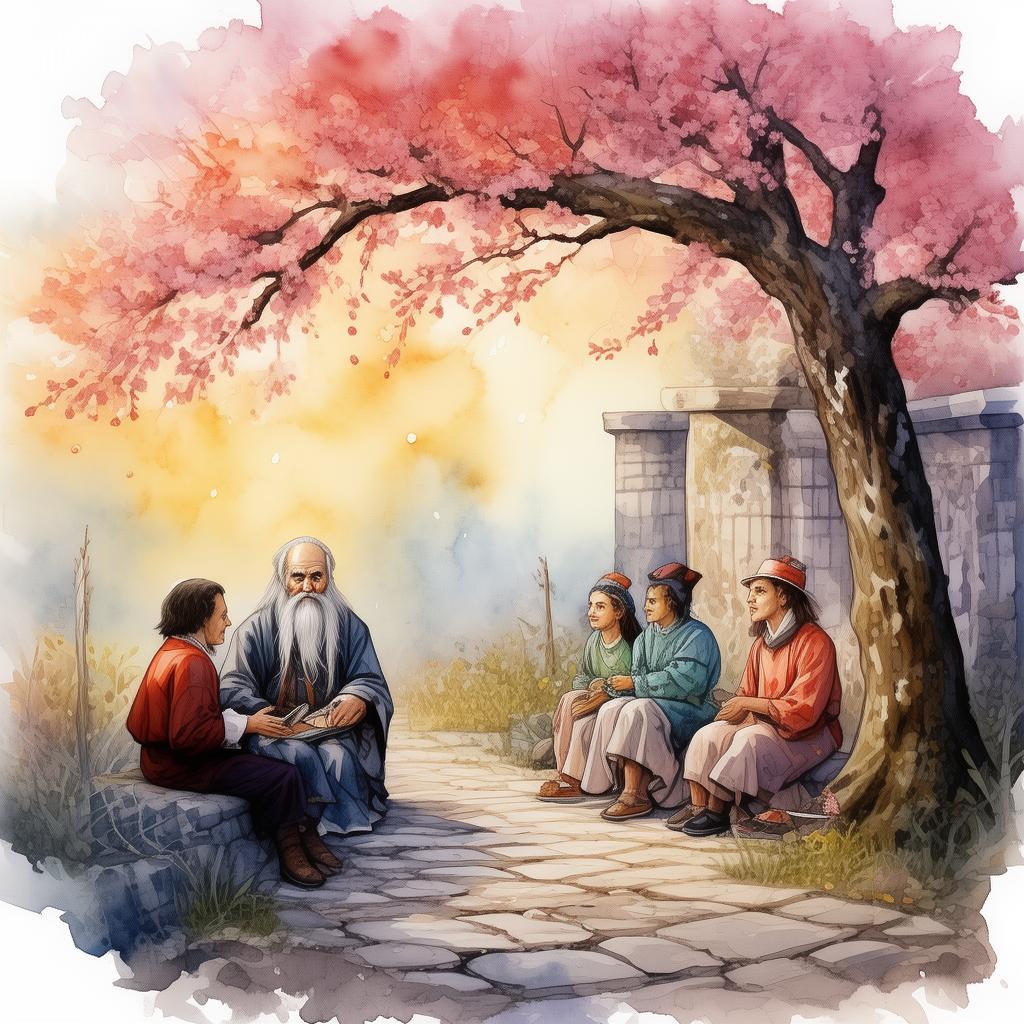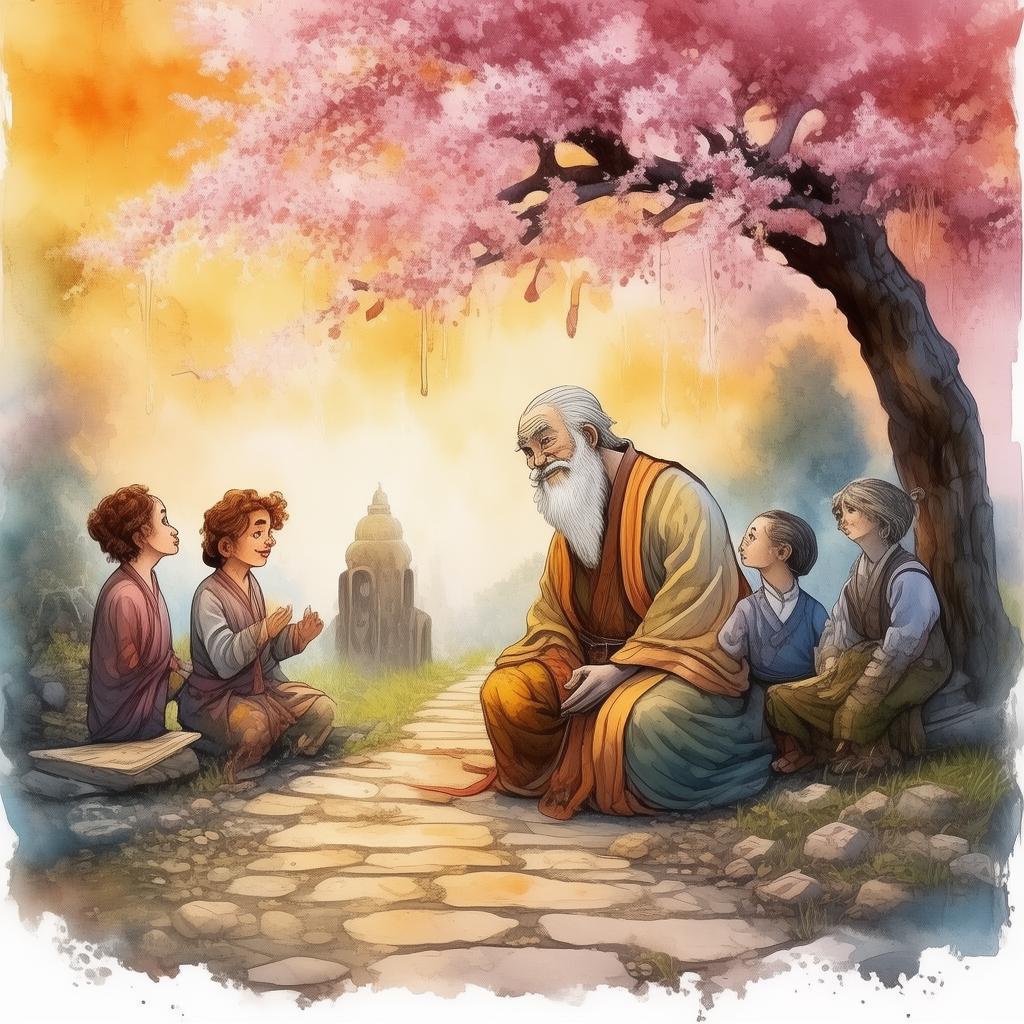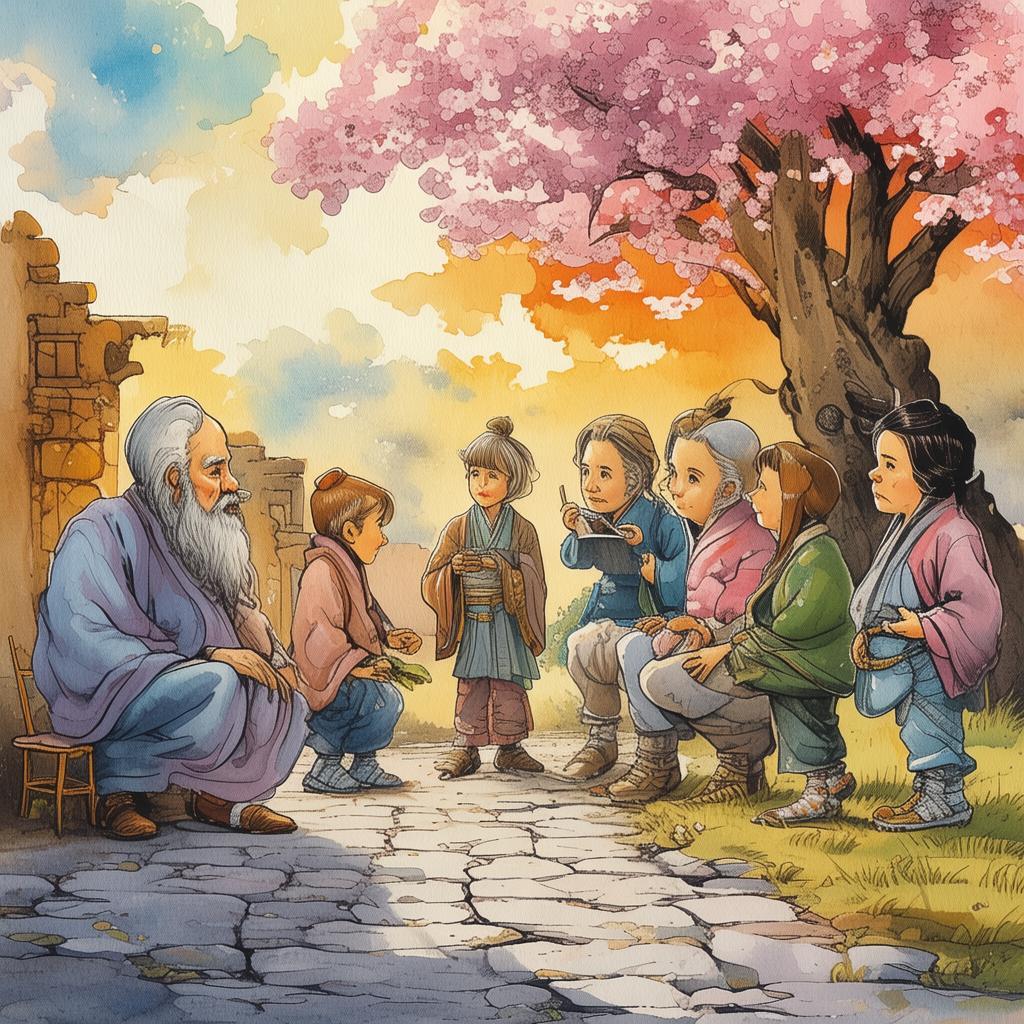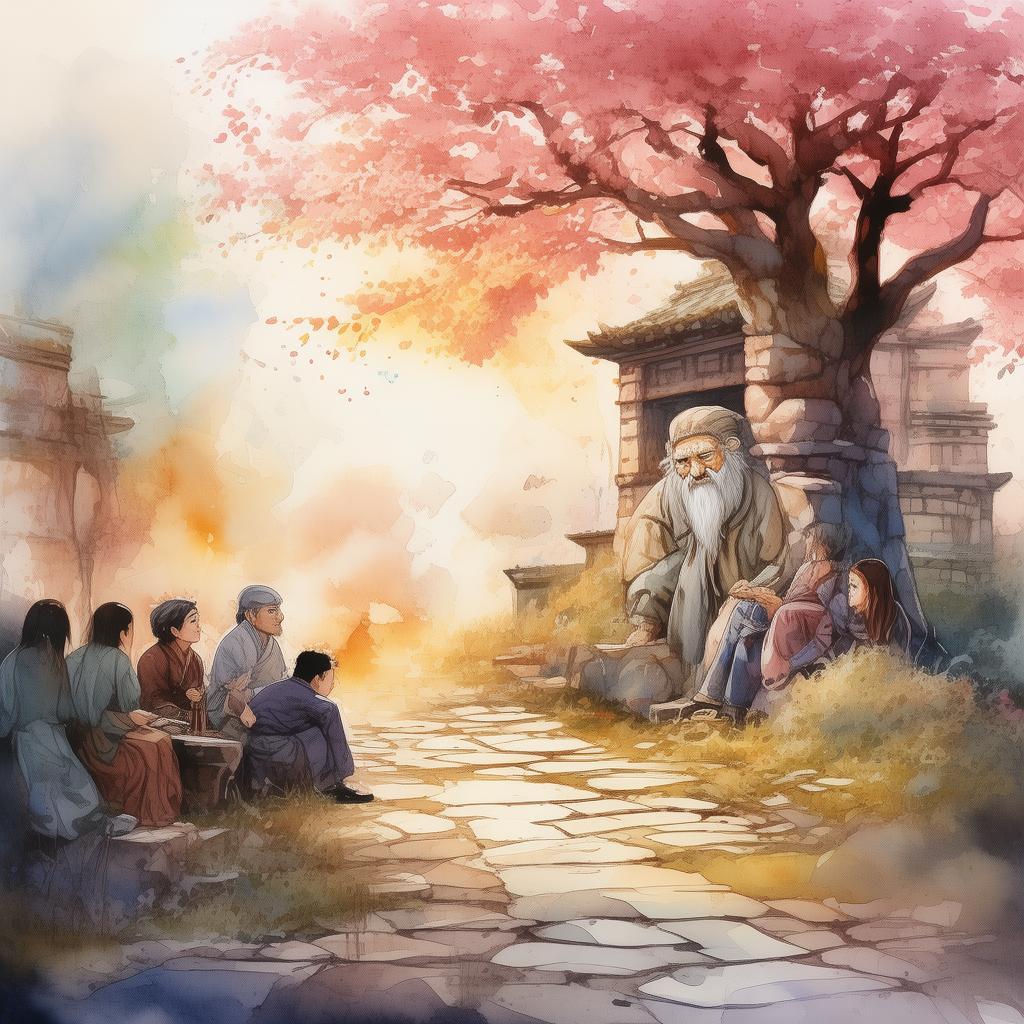Whispers of Redemption: The Praise Paradox
In the bustling city of Veritania, where the air was thick with the scent of ambition and the echo of ambition, there lived a man named Aelius. Aelius was not a man of the streets, nor was he a man of the courts. He was a critic, the kind who could make or break a career with a single review. His pen was his sword, and his words, his arrows. In Veritania, praise and criticism were the only currencies that mattered, and Aelius was the king of both.
Aelius spent his days in the dimly lit corners of cafes and theaters, his eyes scanning the world for flaws, his ears tuned to the faintest whisper of mediocrity. He was revered and feared in equal measure. His reviews were viral, his opinions were law, and his name was spoken in hushed tones.
One fateful evening, as Aelius sat in his dimly lit study, surrounded by the detritus of his success—a stack of rejection letters, a collection of broken dreams, and the hollow echo of his own voice—there was a knock at the door. It was a young artist named Elara, a painter whose work had yet to find its audience. She held a single painting, its colors vibrant and its subject matter mysterious.
"I've read your reviews," she said, her voice trembling. "I know what you do. But I believe in this. I believe in the story it tells."
Aelius looked at the painting. It was a portrait of a woman, her eyes filled with sorrow, her face etched with the lines of a thousand unspoken truths. "Why do you show this to me?" he asked, his voice laced with sarcasm.
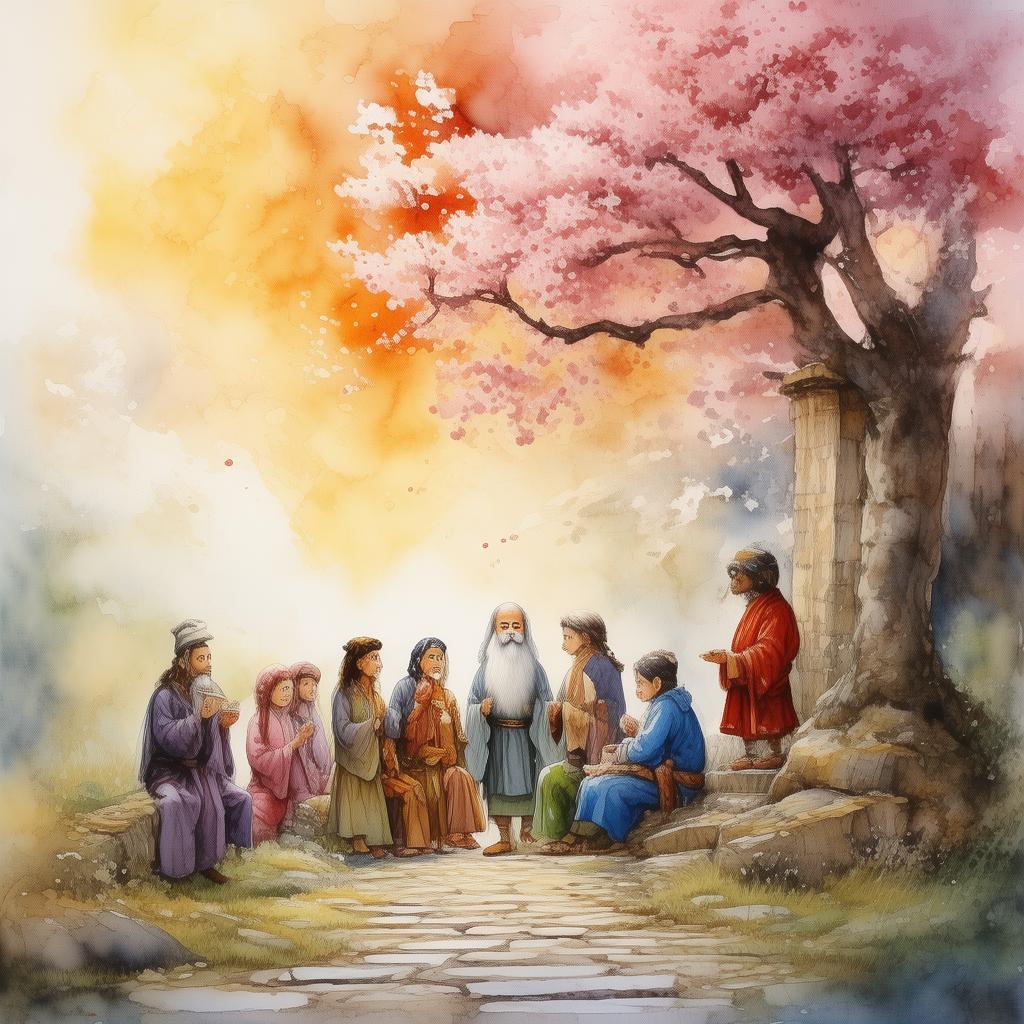
"Because," Elara replied, "I want you to see it. I want you to understand it. I want you to praise it."
Aelius chuckled, a sound that was more a bark than a laugh. "Praise? I don't praise. I critique. I dissect. I destroy."
Elara did not flinch. "Then I ask you to do something different. I ask you to find the beauty in it. I ask you to see the story behind the lines, the emotion behind the color."
Aelius took the painting, feeling the weight of it in his hands. He studied it for a long time, his eyes tracing the brushstrokes, his mind searching for the flaws he was so accustomed to finding. But there were no flaws. There was only a story, a story that spoke to him in ways he had never imagined.
As the days passed, Aelius found himself drawn to Elara's studio, her paintings, and her stories. He began to see the world differently, not as a place to critique, but as a place to understand. He began to listen to the voices of those who had been ignored, whose work had been dismissed, whose dreams had been shattered.
One day, Aelius wrote a review. It was not the kind of review he was known for. It was a review that praised, that celebrated, that lifted up. It was a review that changed everything.
The world of Veritania was abuzz with the news. Aelius, the critic, had praised. His words were like a storm, sweeping through the city, shaking the foundations of the status quo.
Elara's paintings sold out. Theaters were filled with people who had never before attended a play. Cafes buzzed with the sound of laughter and conversation, as people began to see the world in new ways.
Aelius found himself in a paradox. He had always believed that praise was a lie, a deception. But now, he saw that it could be a truth, a truth that brought people together, that gave them hope.
He realized that the power of his words was not in their ability to destroy, but in their ability to build. He realized that the true power of criticism was not in its ability to tear down, but in its ability to reveal the beauty that lay hidden beneath the surface.
And so, Aelius found redemption. Not in the form of praise, but in the form of understanding. He found that the paradox of praise was not a contradiction, but a revelation. He found that in the act of praising, he was not lying, but telling the truth.
The story of Aelius and Elara spread like wildfire, a tale of redemption and transformation. It was a story that showed that even the most unlikely of characters could find a path to redemption, that even the most broken of hearts could be mended, and that even the most critical of minds could find beauty in the world.
And so, Aelius stood in the heart of Veritania, his eyes filled with the light of understanding, his heart filled with the warmth of redemption. He looked around at the city that had once been a place of judgment and division, and he saw a place of hope and unity. He realized that the true power of praise was not in its ability to change the world, but in its ability to change the hearts of those who received it.
And with that, Aelius found his true calling. He became a critic of a different kind, one who sought to understand, to inspire, and to heal. And in doing so, he found his own redemption, a redemption that was as unexpected as it was profound.
✨ Original Statement ✨
All articles published on this website (including but not limited to text, images, videos, and other content) are original or authorized for reposting and are protected by relevant laws. Without the explicit written permission of this website, no individual or organization may copy, modify, repost, or use the content for commercial purposes.
If you need to quote or cooperate, please contact this site for authorization. We reserve the right to pursue legal responsibility for any unauthorized use.
Hereby declared.

